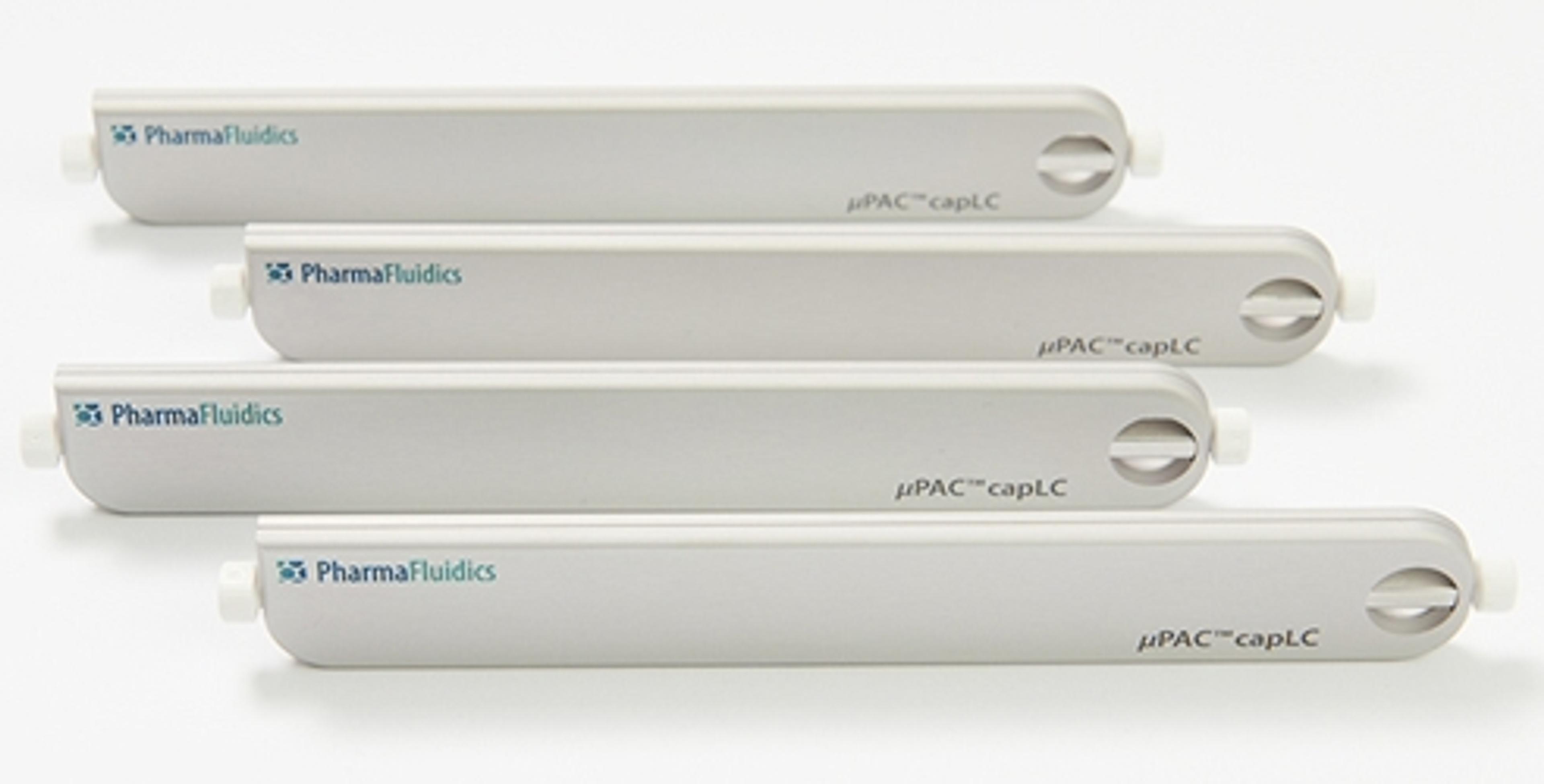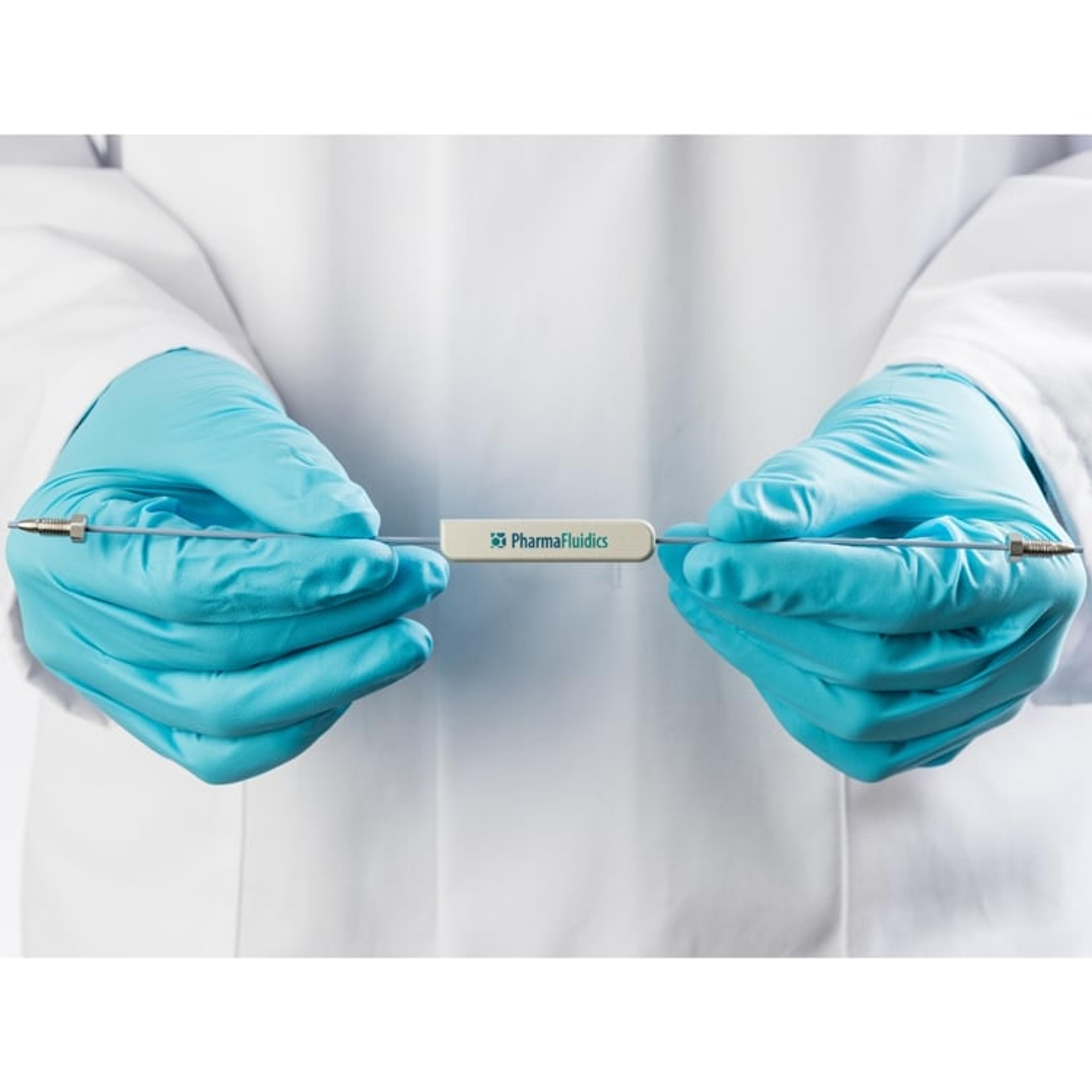Max Planck researchers feed Proteome AI with PharmaFluidics technology
Micro-chip based µPAC LC columns – key component in Nature study doubling the universe of known proteins across all kingdoms of life
29 Jun 2020
PharmaFluidics, innovative player in the field of analytical chromatography, is excited to announce that researchers of Prof. Matthias Mann’s Group at the Max Planck Institute in Munich have integrated its unique high-resolution µPAC™ micro-Chip technology in their advanced proteomics workflow.
In their newly published Nature study, they report the in-depth protein profiling of 100 taxonomically diverse organisms. With more than 340,000 protein identifications obtained in a standardized manner, their study doubles the number of evidenced proteins known to the scientific community hitherto.
The data set also provides an important and large-scale use case for sequence-based deep learning algorithms, as demonstrated by experimentally confirming predicted peptide properties of Bacteroides uniformis. The study was published as “The Proteome Landscape of the Kingdoms of Life” in the June edition of Nature, a leading, high impact science journal.
“The microstructured and extremely reproducible µPAC™ chromatographic system is conducive to the generation of high quality, standardized data sets across time and lab sites, which are key for optimal performance of our proteome machine learning algorithm; this is also of high importance for future clinical and diagnostics purposes” Philipp Geyer and Johannes Mueller, researchers at the MPI commented.
“We are grateful to MPI for bringing PharmaFluidics’ technology to the forefront of protein biology, and to our own staff for relentless support to their fellow-scientists”, added Johan Devenyns, CEO.
Do you use PharmaFluidics products in your lab? Write a review today for your chance to win a $400 Amazon Gift Card>>


